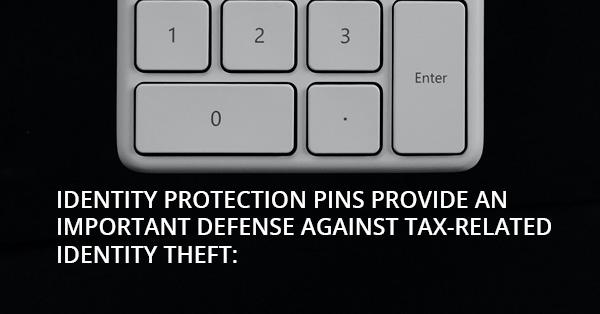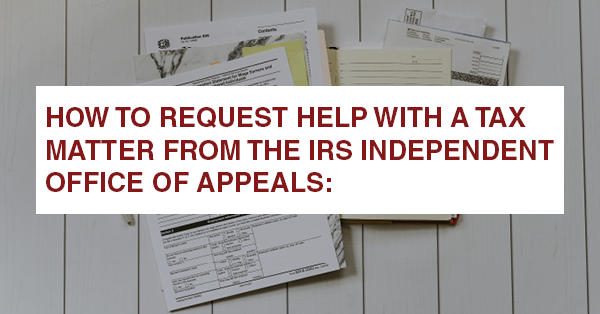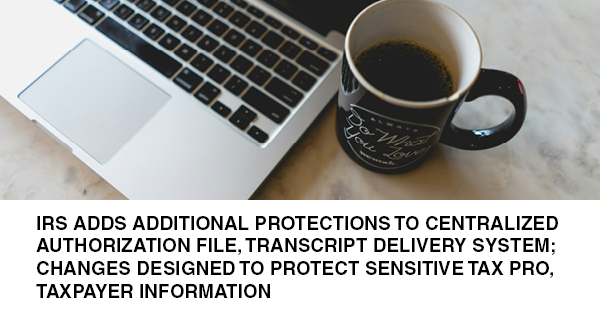IDENTITY PROTECTION PINS PROVIDE AN IMPORTANT DEFENSE AGAINST TAX-RELATED IDENTITY THEFT:

Tax professionals are encouraged to increase their efforts to inform clients about the IRS Identity Protection PIN Opt-In Program to help protect people against tax-related identity theft.
These identity protection numbers provide an extra layer of safety to protect people against tax-related fraud tied to using stolen personal information,” said IRS Commissioner Chuck Rettig. “Following work by the IRS, the IP PIN program is now available to anyone who can verify their identity. We urge tax professionals to encourage their clients to protect themselves through the IP PIN program.”
For security reasons, tax professionals cannot obtain an IP PIN on behalf of clients. Taxpayers must obtain their own IP PIN.
Tax professionals who experience a data theft can assist clients by urging them to quickly obtain an IP PIN. Even if a thief already has filed a fraudulent return, an IP PIN would still offer protections for later years and prevent taxpayers from being repeat victims of tax-related identity theft.
Here are a few things taxpayers should know about the IP PIN:
- It’s a six-digit number known only to the taxpayer and the IRS.
- The opt-in program is voluntary.
- The IP PIN should be entered onto the electronic tax return when prompted by the software product or onto a paper return next to the signature line.
- The IP PIN is valid for one calendar year; taxpayers must obtain a new IP PIN each year.
- Only taxpayers who can verify their identities may obtain an IP PIN.
- IP PIN users should never share their number with anyone but the IRS and their trusted tax preparation provider. The IRS will never call, email or text a request for the IP PIN.
To obtain an IP PIN, the best option is the Get an IP PIN, the IRS online tool. Taxpayers must validate their identities through Secure Access authentication to access the tool and their IP PIN. Before attempting this rigorous process, see Secure Access: How to Register for Certain Online Self-Help Tools.
If taxpayers are unable to validate their identity online and if their income is $72,000 or less, they may file Form 15227, Application for an Identity Protection Personal Identification Number. The IRS will call the telephone number provided on Form 15227 to validate their identity. However, for security reasons, the IRS will assign an IP PIN for the next filing season. The IP PIN cannot be used for the current filing season.
Taxpayers who cannot validate their identities online, or on the phone with an IRS employee after submitting a Form 15227, or who are ineligible to file a Form 15227 may call the IRS to make an appointment at a Taxpayer Assistance Center. They will need to bring one picture identification document and another identification document to prove their identity. Once verified, the taxpayer will receive an IP PIN via U.S. Postal Service within three weeks.
The IP PIN process for confirmed victims of identity theft remains unchanged. These victims will automatically receive an IP PIN each year.
Publication 5293, Data Security Resource Guide for Tax Professionals, provides a compilation of data theft information available on IRS.gov.




